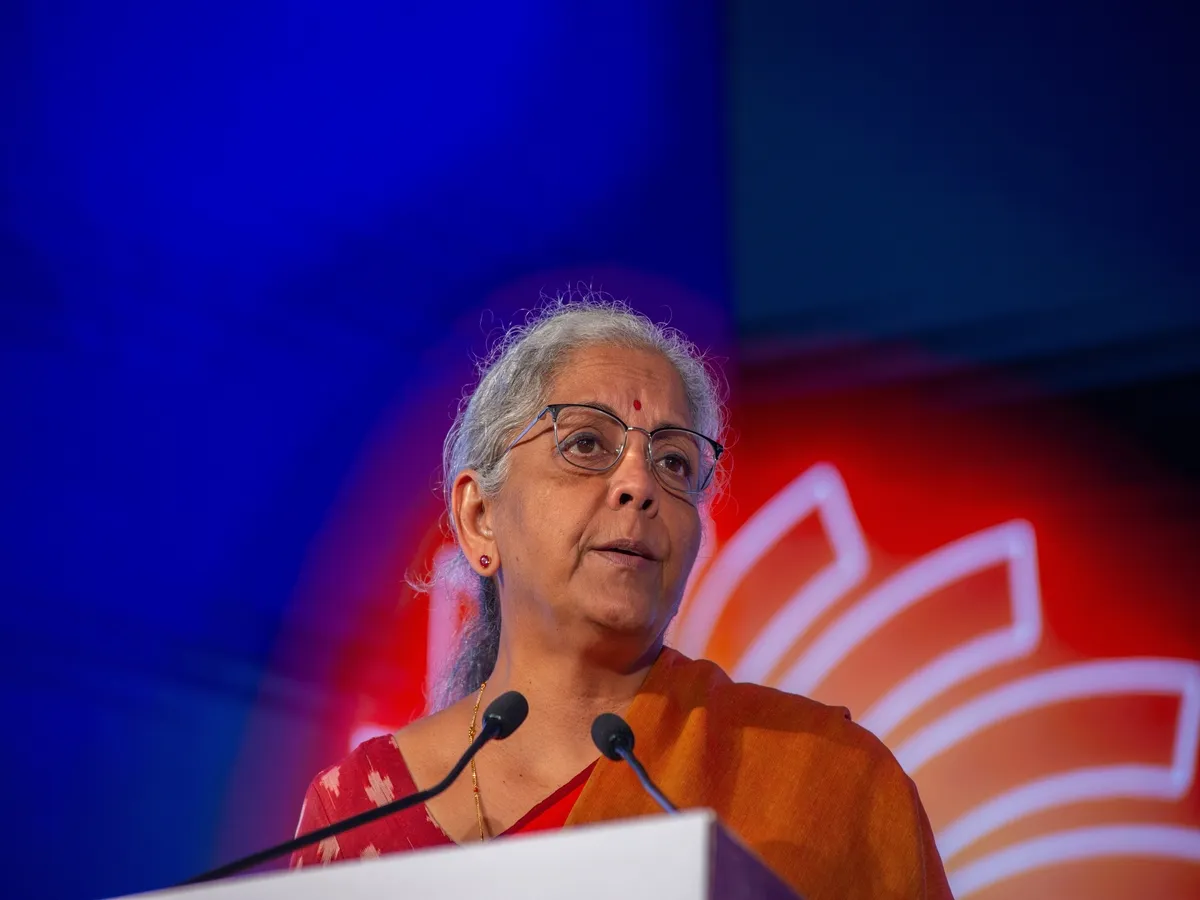Business News
Economic Reforms 2024: What millennials need to know?
.png)
4 min read | Updated on August 02, 2024, 11:46 IST
SUMMARY
Finance Minister Nirmala Sitharaman announced several reformative measures, including a change in income tax slabs, in the Union Budget 2024. As the Budget outlined the government’s clear focus on the youth and the middle class, millennials could be the major beneficiaries. However, India's millennial population is vast and diverse and it could be difficult to assess the Budget through a one-size-fits-all approach.

The standard deduction limit of ₹50,000 was increased to ₹75,000 offering a respite to taxpayers.
Finance Minister Nirmala Sitharaman announced a series of incentives for the youth in the Budget 2024 highlighting Modi 3.0 government’s focus on job creation and skill training. In her Budget speech on July 23, she attempted to strike a balance between the interests of all sections of society while outlaying a growth-oriented approach. The key focus areas included job creation, industrial growth and incentivising new businesses to fuel economic growth.
The Union Budget 2024 also laid out several reformative decisions, including a change in income tax slabs. Amid the government’s emphasis on financially empowering the middle class in Budget 2024, what are the millennials, people born between 1981 and 1996, going to get out of the proposed changes?
India's millennial population is vast and diverse and it could be difficult to assess the Budget through a one-size-fits-all approach. To make it more relevant, here’s a simplified Budget breakdown specifically for millennials:
Income Tax rejig
The Finance Minister announced a revision of tax slabs under the new tax regime in the Budget, which could be a positive development for millennials, especially those who are salaried taxpayers. The standard deduction limit of ₹50,000 was increased to ₹75,000, offering a respite to taxpayers.
Annual income of up to ₹3 lakh will continue to remain tax-free whereas the slab for the 5% tax bracket has been updated to ₹3 lakh to ₹7 lakh from ₹3 lakh to ₹6 lakh earlier. The 10% tax rate would now apply to income of ₹7 lakh to ₹10 lakh instead of ₹6 lakh to ₹9 lakh earlier.
A higher standard deduction and increased tax slabs would bring down the total income tax outgo, thus increasing the disposable income in the hands of the millennials. This will help in increasing saving and spending for an improved lifestyle.
Changes in capital gains taxation
For those looking to invest in property or equities, Budget 2024 featured a key update. Long Term Capital Gains (LTCG) on all financial and non-financial assets, including hold and property, will now be taxed at a uniform rate of 12.5% instead of the earlier 10-20% range.
Further, the provision of indexation was abolished for LTCG calculation of property, gold and other unlisted assets.
Gains made from the sale of stocks and equity mutual funds sold within one year of purchase would attract a short-term capital gain (STCG) tax of 20% instead of 15% earlier.
The government has also proposed to increase the securities transaction tax (STT) rate from 0.01% to 0.02% on futures and options of securities.
Amid a booming stock market in India, more retail investors are entering the world of stock trading. The millennials planning to put their money in equity and other assets should learn all the details about capital gains taxes on different asset classes.
Changes in NPS
Enhancing the social security benefits, the government has proposed to raise the limit for employer contribution towards employee's National Pension Scheme to 14% from the earlier 10%. Under Section 80CCD(2), Central and State Government employees were allowed a deduction of 14% of the salary for employer contribution towards the employee’s NPS account. The deduction for other employees was limited to 10% of the salary.
However, the government has extended this benefit to all employee categories.
Further, NPS Vatsalya has also been proposed in Budget 2024.
These changes are very important for millennials planning their retirement or those who want to build a retirement corpus through NPS.
Skilling Programme
The government announced a new centrally sponsored scheme under the Prime Minister's package, in partnership with state governments and industry. This scheme aims to skill 20 lakh youth over five years and upgrade 1,000 Industrial Training Institutes (ITIs). The course structure will be designed to align with the industry's needs, and new courses will be introduced to address emerging needs.
MSME Package
The government announced a package covering financing, regulatory changes and technology support for MSMEs. This includes a credit guarantee scheme that will work on the pooling of credit risks of MSMEs to facilitate term loans to MSMEs for purchasing machinery and equipment without collateral or third-party guarantee.
Angel tax abolition
The government announced the abolition of the angel tax– income tax at the rate of 30%– in Budget 2024. The angel tax, introduced in 2012, required private companies to pay tax on the excess amount received for issuing shares beyond their fair market value. It applied to investments from both resident and non-resident investors. The move is being seen as a major boost to the start ecosystem in India.
This announcement in the Budget 2024 could help the millennials to launch their own startups or those who are in the early stage of their businesses.
About The Author
Next Story

